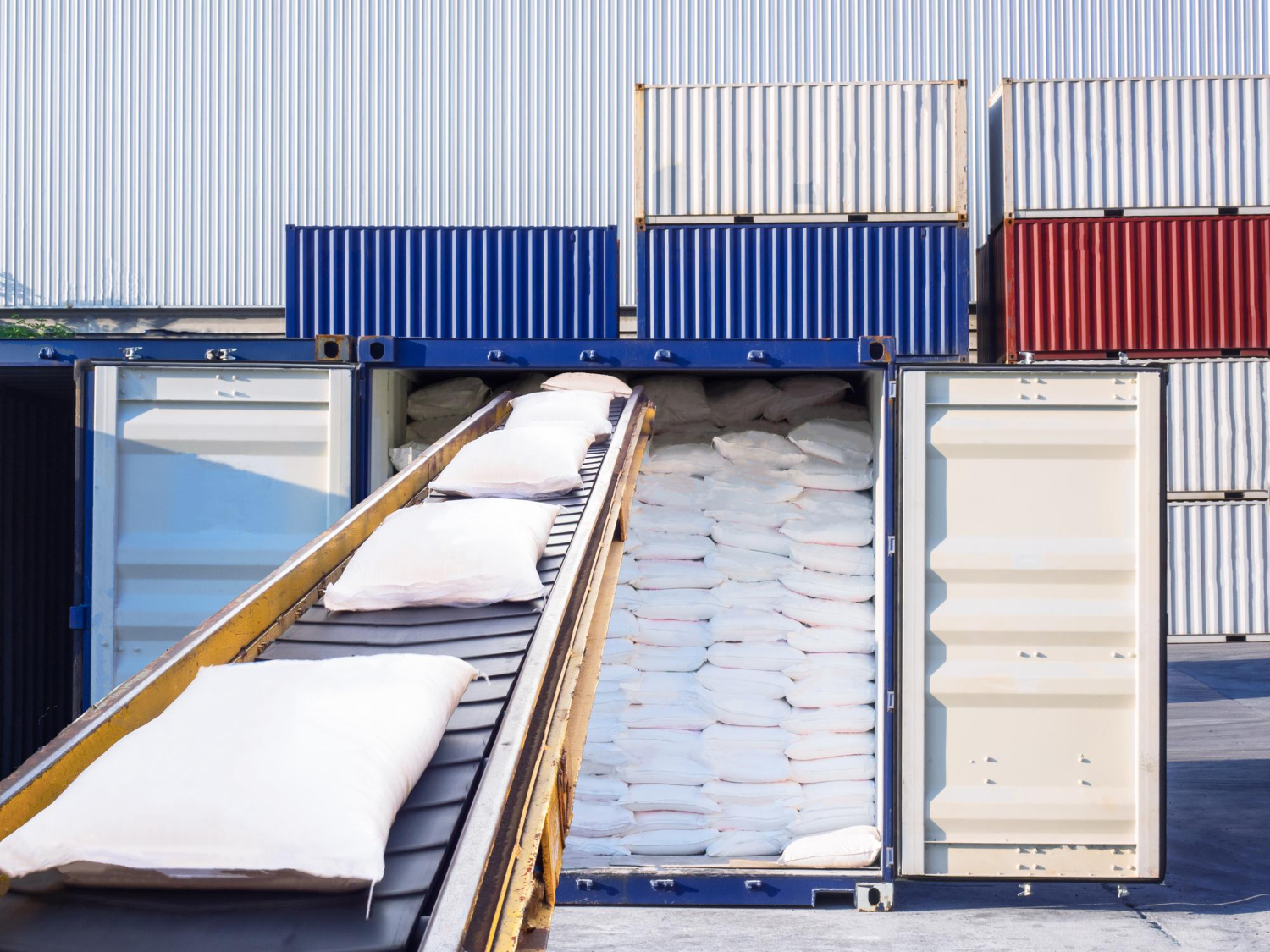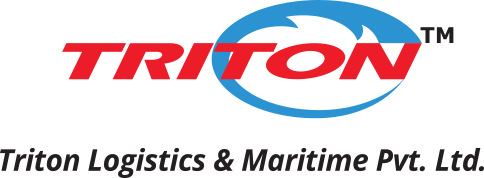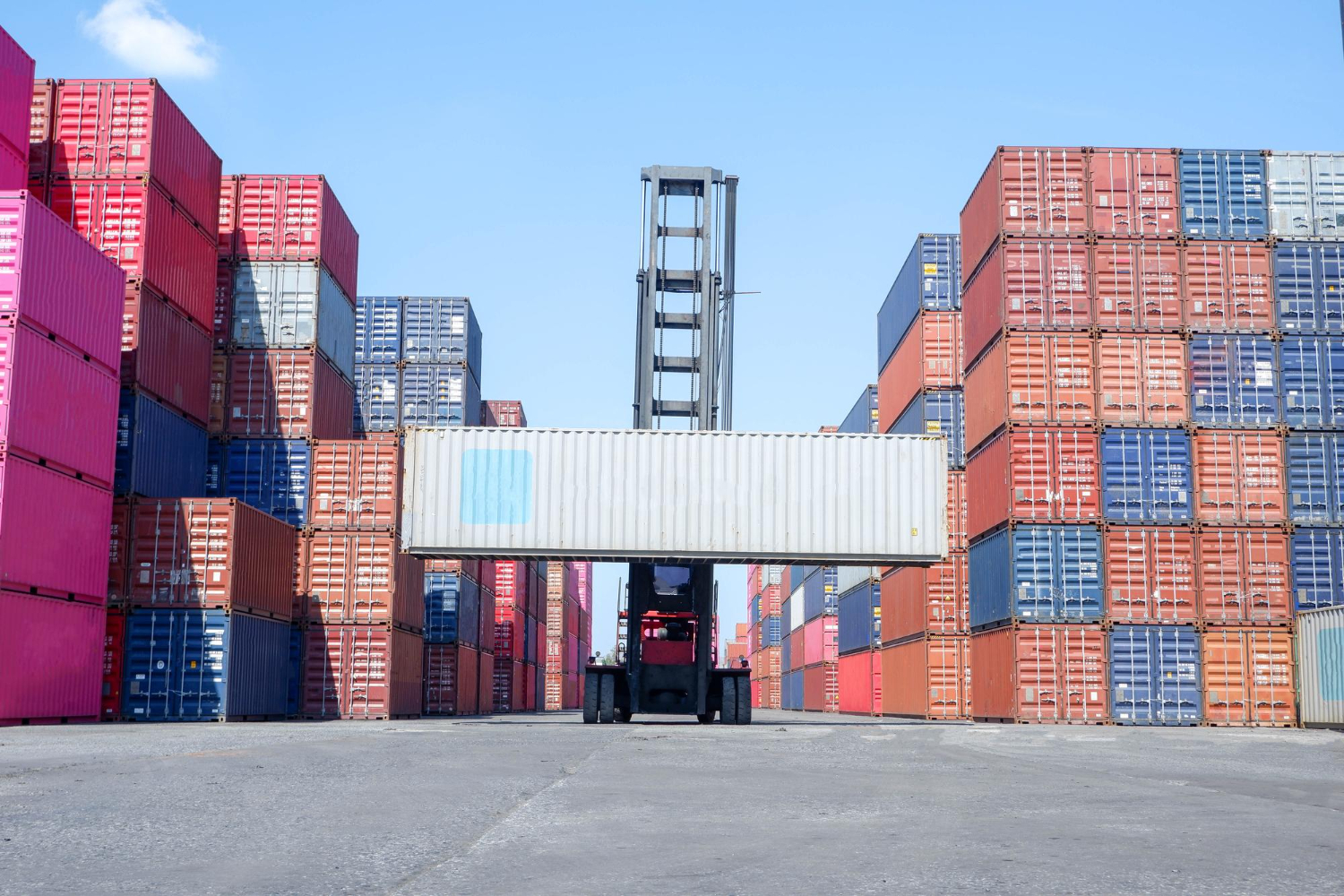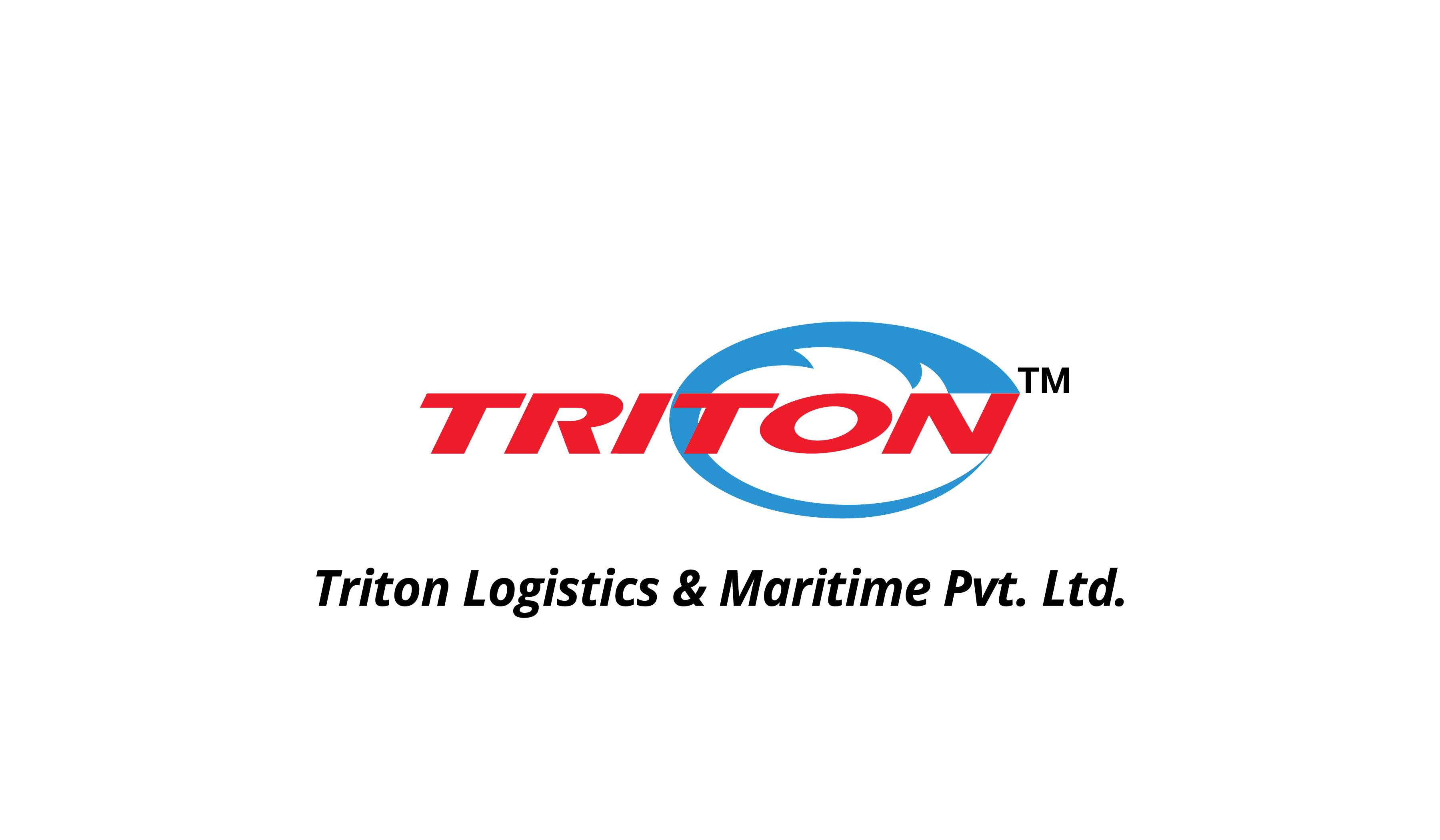Shipping things internationally is more than just getting them from one place to another. One of the most important choices to make when shipping by sea freight is whether to reserve a whole container or share one with others. This option has an impact on the cost, transit time, safety of the cargo, customs clearance, and overall logistics efficiency.
This blog explains the main distinctions between Full-Container Load (FCL) and Less-than-Container Load (LCL) shipping, as well as the advantages and disadvantages of determining which option aligns with your business needs.
What is LCL (Less-than-Container Load) Shipping?
In Less-than-Container Load (LCL) shipping, cargo from multiple shippers is consolidated within a single container. Charges are calculated based on the volume of space utilized, typically measured in cubic meters (CBM). A freight forwarding company or logistics service provider oversees both consolidation (grouping shipments to fill a container) and deconsolidation (unpacking and distributing cargo at the destination).

LCL shipping works best for businesses with smaller shipment volumes. It allows companies to stay flexible and reduce their logistics expenses without compromising delivery timelines.
Choose LCL Shipping For:
- Small or irregular amounts of goods
- Delivery times that can change
- Multi-destination shipments
- Businesses that ship less than 15 CBM or a few pallets
Why Opt for LCL?
- Cost-effective for low-volume shipments
- Flexibility for partial loads or multi-city delivery
- Frequent departures make it easy to ship on demand

What is FCL (Full-Container Load) Shipping?
Full-Container Load (FCL) shipping is when an entire container is reserved for a single shipper. Even if the container isn’t fully packed, your goods remain sealed under your exclusive responsibility from origin to destination.
FCL is usually the best choice for shipments that are large, valuable, or time-sensitive because it reduces handovers and minimizes handling risk. In sea freight, FCL is often preferred when speed and cargo security are top priorities.
Choose FCL Shipping For:
- Large-volume shipments (typically 15 CBM or more)
- Sensitive or high-value cargo
- Faster delivery needs with fewer points of contact
Benefits of FCL
- It’s more secure. The cargo stays sealed throughout the journey.
- Direct routing with faster transit
- Cost-effective on a large scale with a lower cost per unit
FCL can sometimes be more efficient overall, lowering the risk of handling, even if your shipment doesn’t fill the container all the way.
LCL vs FCL: Key Differences
To simplify the decision-making process, here’s a side-by-side comparison of LCL FCL shipments based on key logistics factors:
| Factor | LCL (Less-than-Container Load) | FCL (Full-Container Load) |
| Container usage | Shared with multiple shippers | Exclusive to one shipper |
| Cost model | Pay per cubic meter (CBM) | Fixed rate per container |
| Transit speed | Slower due to consolidation | Faster with direct routing |
| Security & handling | More handling, higher risk exposure | Lower risk, sealed from origin to destination |
| Flexibility | High – good for multi-location delivery | Limited – one container, one destination |
| Cost considerations | Lower upfront cost, may increase as volume grows | Economical for large shipments, higher upfront investment |
| Ideal for | Small to mid-sized shipments; cost-sensitive cargo | Large, high-volume shipments; sensitive or regulated goods |
How to Decide Between LCL FCL
There are several things to think about when deciding between LCL and FCL, such as cost, speed, cargo sensitivity, and your long-term strategy. LCL shipping can be a good way for small and medium-sized firms to get into international trade. They allow for gradual scaling while maintaining lower upfront costs.
As your shipment volume grows, moving to FCL can reduce unit shipping costs, improve transit times, and minimize handling risks. This change in strategy will keep your logistics operations running smoothly and dependably, even as your business grows.
A Strategic Look at LCL FCL Shipments
The most important thing is to make sure your shipping method matches your logistics strategy, whether you’re sending small quantities or full containers:
- Start with LCL: Ideal for smaller shipments, multi-destination deliveries, or when flexibility is required
- Scale to FCL: Perfect for high-volume or sensitive cargo, faster transit, cost optimization at scale
By evaluating your shipment needs and budget timelines, you can make informed decisions that improve supply chain efficiency and reduce risks.

Partnering With the Right Sea Freight Provider
Making the correct choice between LCL and FCL also depends on who handles your shipments. A freight forwarding company that knows how to do both can help you with consolidation, routing, and saving money. Look for a logistics service partner with global reach and proven reliability, since this ensures consistent support across different markets.
Triton Logistics & Maritime has been in the freight industry for over 20 years, operating with a trusted global network. We specialize in client-centered logistics services that make both LCL and FCL shipments easier to manage. We help companies ensure that their cargo is handled safely, delivered on schedule, and in line with their operational needs by combining technology with hands-on expertise.
Final Thoughts
It can be hard to decide between LCL and FCL shipping. Knowing the differences in what works best for your shipment size, budget, and schedule will help you choose the proper option.
Shipping involves more than just moving goods. It’s about keeping your business running and ensuring that your shipment is safe. Using a reliable freight service will make the process easier. Triton Logistics & Maritime brings experience, care, and clear communication to every shipment. We ensure your LCL and FCL shipments are managed seamlessly from start to finish, giving you confidence at every stage of the journey. Get in touch with our team for smooth and reliable shipping.
FAQ
1. What is the difference between FCL and LCL shipping?
FCL means you book an entire container for your goods. LCL means you share container space with other shippers who pay only for the space you use.
2. Can LCL shipping help with low-volume exports?
Yes. LCL is perfect for smaller shipments because you don’t need to pay for a full container. You only pay for the space your cargo takes up.
3. What types of goods can be shipped via ocean freight?
Almost anything can be shipped, including machinery, raw materials, consumer goods, perishables, and even high-value products. The type of container handled depends on the cargo.
4. How do FCL and LCL shipping methods differ?
FCL is faster, more secure, and cost-effective for large shipments. LCL is more flexible, budget-friendly for smaller shipments but can take longer due to consolidation.



